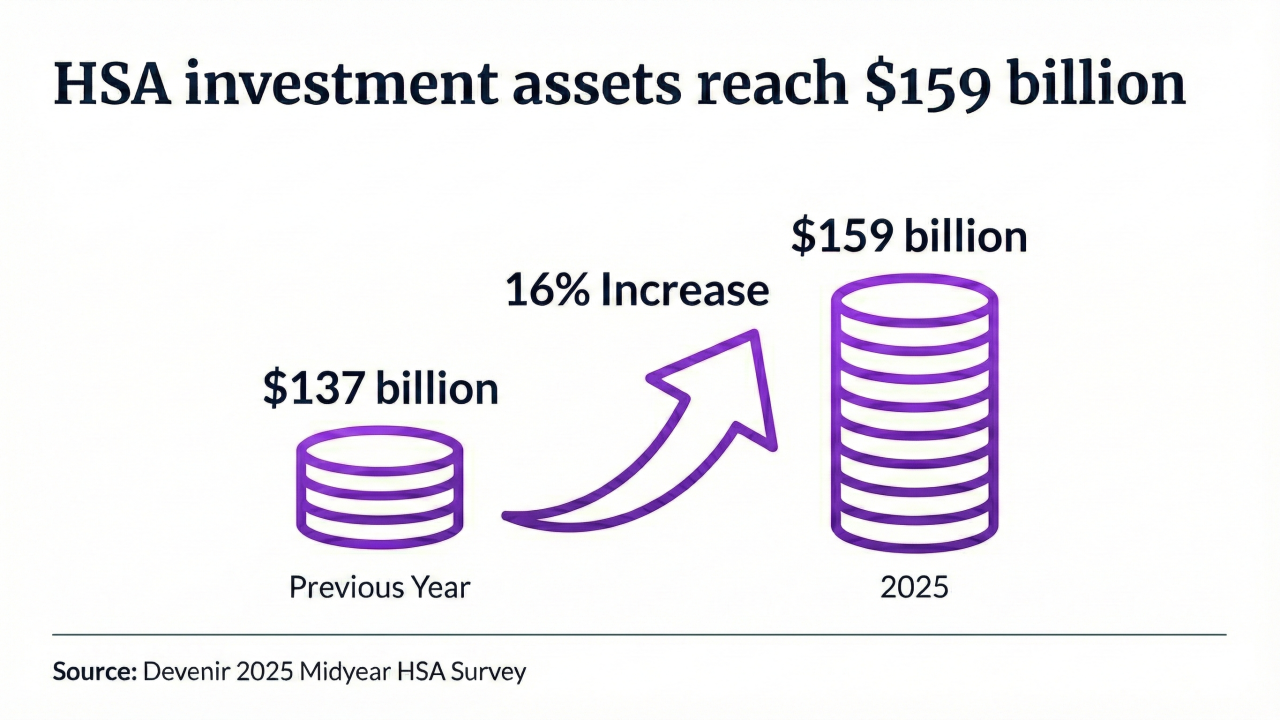The widespread shift from traditional defined benefit pension plans to defined contribution plans hasn’t necessarily led to lower overall retirement wealth.
A new report from the Center for Retirement Research at Boston College shows that while the percentage of total salaries going toward retirement savings declined slightly between 1984 and 2012, the returns on asset accumulations have maintained overall pension wealth.
The
However, says the report, “on balance the decline in defined benefit plan accruals has not been fully offset by rising contributions to defined contribution plans, leading to a slight overall decline in retirement savings.”
Also see:
The report further states that wealth, as a measure itself, has been going up due to the return on accumulations. As a result, the decline in contributions is offset by the cumulative wealth generation. “When returns on accumulations are added to contributions, the annual change in pension wealth appears to have been relatively steady over time.”
The authors note that much of the wealth creation occurred during the 1990s bull market as well as the rebound in the markets following the financial crisis. “Individuals covered by 401(K) plans have taken more risks than participants in defined benefit plans, and the high returns associated with risky investments have produced substantial asset accumulation.”
The analysis uses National Income and Product Accounts data, with adjustments, to compare DB accruals with DC contributions from 1984 to 2012.
Joel Kranc is a freelance writer based in Toronto.





